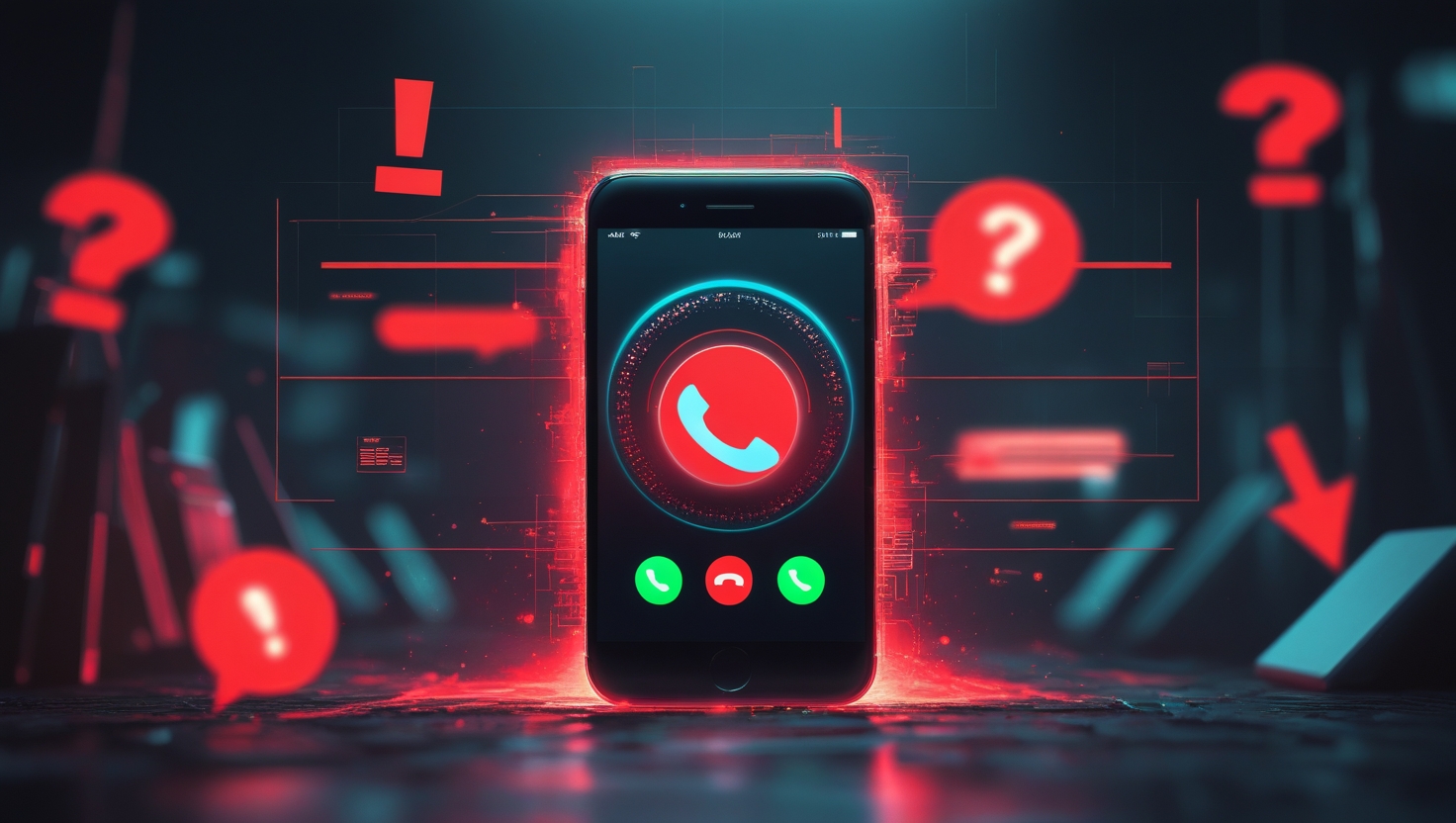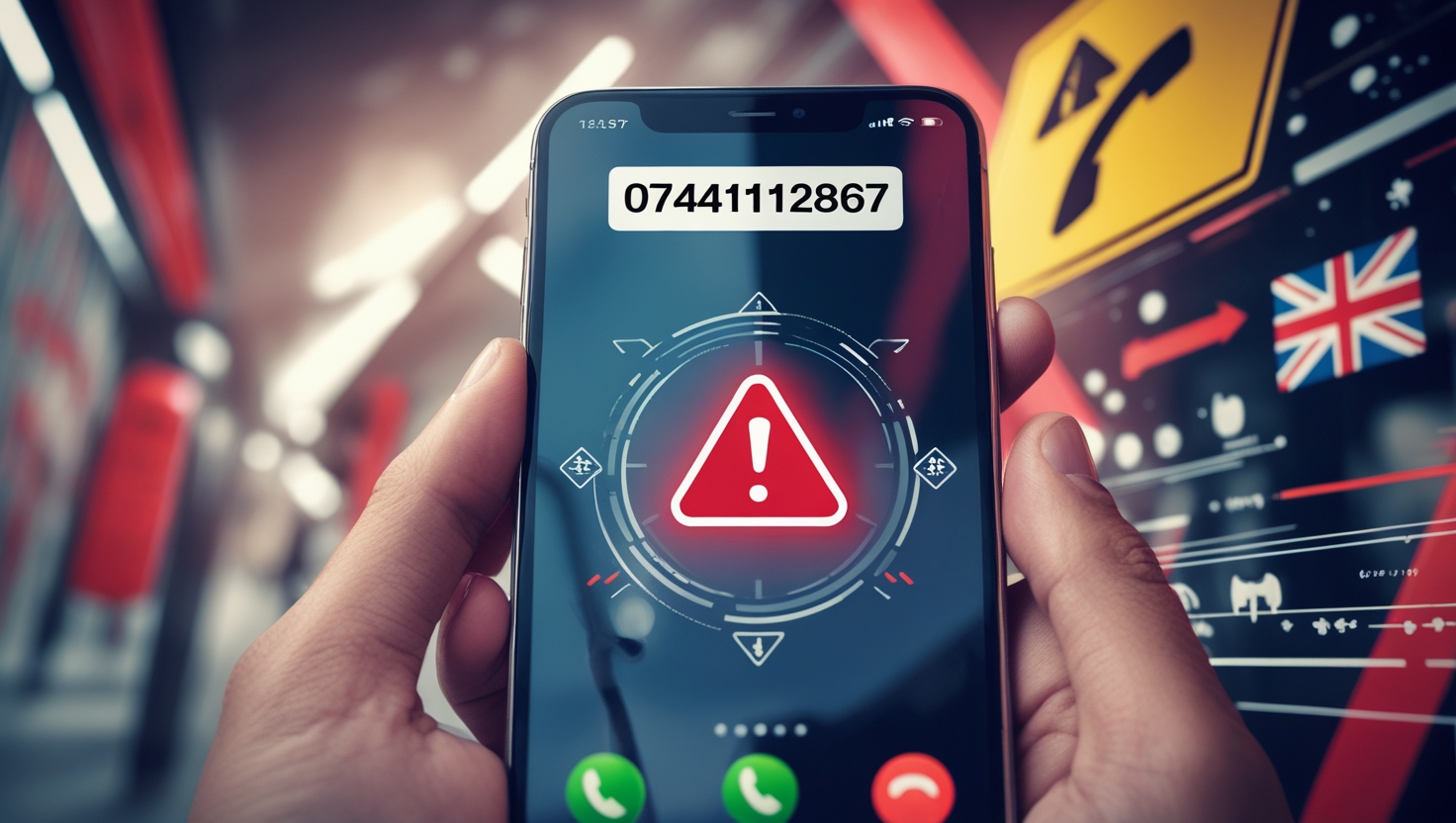Unknown phone numbers have always been a source of anxiety. With the rise of robocalls and fraudulent schemes, spotting scam activity has become an important part of protecting personal information. One number that has recently raised red flags is 07441128267. While this number originates in the United Kingdom, many readers in the United States are also concerned because scams often cross borders, and the tactics used are strikingly similar to those targeting American consumers.
This article takes a detailed look at 07441128267, why it is considered dangerous, how these scams operate, and what steps individuals can take to stay safe. It is written to educate and empower readers with practical knowledge, while also connecting the dots between U.K.-based fraud and common schemes happening in the U.S.
Quick Information Table
Here is a quick breakdown of the key details surrounding 07441128267:
| Detail | Information |
|---|---|
| Number | 07441128267 |
| Origin | United Kingdom mobile prefix |
| Reports | Scam, spam, fraudulent calls |
| Tactics Used | Banking fraud, tech support hoaxes, government impersonation |
| Risk Level | High – linked to identity theft and financial fraud |
| Recommended Action | Block the number and report to authorities |
.
Reports About 07441128267
Numerous reports suggest that 07441128267 is linked to aggressive and deceptive practices. Recipients describe calls from this number as unsolicited, persistent, and sometimes intimidating. The caller often pretends to represent a financial institution, government office, or technical support service.
The most worrying aspect is how convincing the callers can be. They may use professional language, reference fake account details, or even spoof legitimate business names. These strategies are designed to create urgency and manipulate the victim into sharing personal or financial data.
Why This Number Raises Red Flags

The prefix 074 is tied to U.K. mobile networks. However, scammers can easily mask or “spoof” numbers to appear as if they are calling from a local mobile device. That’s one reason why unsuspecting individuals may trust the call at first glance.
Another warning sign is the repetitive nature of the calls. Victims report receiving multiple attempts per day, sometimes at inconvenient hours. Persistent calling patterns are a hallmark of scam operations, aimed at wearing down resistance until the target finally picks up or responds.
Common Scam Tactics Linked to 07441128267
Fraudsters associated with this number have been observed using a range of deceptive strategies. Here are the most common:
-
Banking scams – Claiming to be from a bank or credit card provider, warning of suspicious transactions.
-
Tech support scams – Pretending to be from well-known companies like Microsoft, stating that a virus or malware issue must be fixed immediately.
-
Government impersonation – Threatening fines or legal action unless payment or verification is provided right away.
-
Investment opportunities – Offering too-good-to-be-true returns on cryptocurrency or financial investments.
All of these tactics prey on fear and urgency, pressuring the victim to act quickly without verifying the caller’s authenticity.
Look at 07441128267
If one were to write a biography of this number, the story would resemble the profile of a con artist. At first glance, it looks ordinary—a U.K. mobile number like any other. But dig deeper, and a darker history emerges.
-
It surfaces on caller ID with no clear identity.
-
It contacts people across regions without invitation.
-
It mimics authority figures, shifting identities like an actor switching roles.
-
Its legacy is built not on trust but on complaints, reports, and warnings posted by everyday users trying to protect others.
Much like a character in a crime novel, 07441128267 has developed a reputation that follows it wherever it goes—a reputation rooted in deception.
How This Affects U.S. Readers
While 07441128267 is U.K.-based, the broader lesson is global. Many scam techniques used abroad mirror those in the United States. The Federal Trade Commission (FTC) regularly warns Americans about phone-based scams that use the same patterns: urgency, threats, or financial bait.
Scammers know no borders. With modern technology, calls can be routed internationally at low cost, allowing bad actors to target people on both sides of the Atlantic. U.S. readers should treat unknown international numbers with the same caution as local robocalls.
Protecting Yourself from Scam Numbers

If you receive a call from 07441128267, the best course of action is simple: do not engage. Answering may confirm that your number is active, making you more vulnerable to future attempts.
Steps you can take include:
-
Blocking the number on your smartphone.
-
Reporting it to your carrier, which can use the information to filter out similar calls.
-
Using call-blocking apps that cross-check against databases of known scam numbers.
-
Remaining alert to any follow-up emails or texts, since scammers sometimes switch communication channels.
What To Do If You Accidentally Answered
Mistakes happen, and scammers rely on catching people off guard. If you’ve already spoken to someone from 07441128267 or shared limited information, there are steps to limit damage:
-
Do not share financial details if you haven’t already.
-
Contact your bank immediately if any information like account numbers or card details were disclosed.
-
Change your passwords, especially if the caller convinced you to download software or click a suspicious link.
-
Run a full security scan on your devices to ensure no malware was installed.
-
File a report with your local consumer protection agency or the FTC in the U.S.
The Broader Picture of Phone Scams
The issue goes far beyond a single number. Globally, phone scams account for billions in annual losses. Fraudsters adapt quickly, creating new scripts and spoofing different numbers each week.
In the U.S., robocalls and fraudulent texts remain among the top consumer complaints filed with the FTC. Technology is improving in detecting these patterns, but no system is foolproof. That’s why individual awareness remains the strongest defense.
Tips for Spotting Scam Calls
Even if the number looks legitimate, several telltale signs can reveal a scam:
-
The caller pressures you to act immediately.
-
Payment is requested through gift cards, wire transfers, or cryptocurrency.
-
The person refuses to provide verifiable contact information.
-
You receive threats of legal action, police involvement, or account suspension.
-
Caller ID shows inconsistencies or generic labels such as “mobile” or “unknown.”
Trust your instincts—if something feels off, it likely is.
Reporting and Blocking 07441128267
Reporting suspicious numbers helps build a database that protects others. In the U.K., individuals can report calls from 07441128267 to Action Fraud or Ofcom. In the U.S., the FTC and Federal Communications Commission (FCC) provide reporting tools.
Blocking is equally important. Modern smartphones offer built-in features that can block a number permanently. Carriers like AT&T, Verizon, and T-Mobile also provide spam filters that automatically flag suspicious calls.
Final Thoughts
Scam calls like those from 07441128267 represent a growing threat in today’s digital world. They exploit fear, urgency, and trust, making them effective tools for fraud. Whether you’re in the United Kingdom or the United States, the same rules apply: remain cautious, never share sensitive information over the phone, and report suspicious activity to the proper authorities.
The story of 07441128267 is a reminder that vigilance is no longer optional—it’s essential. By recognizing warning signs and taking proactive steps, individuals can protect themselves and their communities from financial harm.
Frequently Asked Questions (FAQs)
1. What is 07441128267?
It is a U.K.-based mobile number that has been widely reported as a source of scam calls. Victims say the callers impersonate banks, tech companies, or government agencies.
2. Can someone in the U.S. get calls from 07441128267?
Yes. With modern telecommunications, scammers can target people internationally. U.S. residents may see this number or similar spoofed numbers appear on their caller ID.
3. How can I block calls from this number?
On most smartphones, you can block it directly from your call log. You can also use third-party call-blocking apps or request blocking services from your carrier.
4. What should I do if I shared information with the caller?
Immediately contact your bank or financial institution, change your account passwords, and run a security scan on your devices. Reporting the incident to authorities is also recommended.
5. Are all calls from unfamiliar U.K. numbers scams?
Not necessarily. Many legitimate calls come from the U.K. and other countries. However, if the call seems suspicious, involves financial requests, or creates unnecessary urgency, treat it as a potential scam until verified.












